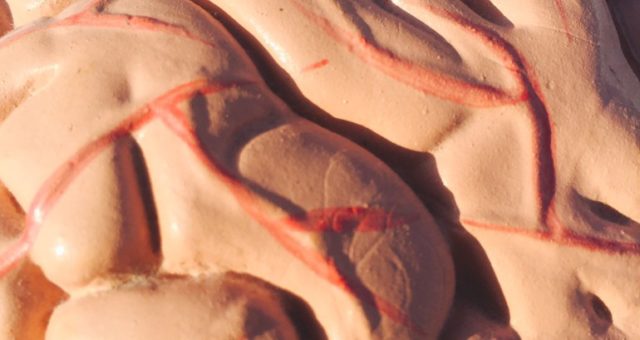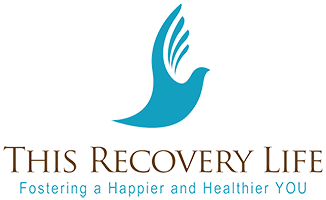
Sweet Emotions: Addressing Mental Health
There can be great upheaval in our lives when change takes place. If we chose it ourselves, we might have a plan to implement which facilitates the modifications necessary to achieve the desired goal.
When stopping a behavior after displaying it for a prolonged period of time, the body goes into “alert” mode and seeks to sooth itself. For example, if you’re used to eating an apple with sugar on it, your system is used to generating a certain amount of dopamine. Here, both the body and the brain adapt themselves to the individual’s practice. Now when you decide that you want to make a change and stop adding sugar to your apple, there will be a reaction. Your brain can be telling you that the apple is now “sour” and seek another course of action in order to soothe itself. This is where having a plan could come in really handy.
The same goes for substance use. If you’re used to coming home and having a glass of wine to “decompress” at the end of a long day, that is what you will crave at the end of that day. Fast forward a few years and your doctor might mention that your 2 glasses of wine are impeding on your wellbeing and now you have to find another way to decompress. Your brain will continue focussing on that glass of wine (or three) until you have implemented a new practice that will soothe you.
In this example, the symptoms are what is being addressed. What happens during the day that might be stressing me to the point that I need to decompress at the end of the day, everyday? Am I being realistic throughout my day? Am I pointing fingers at someone else in relation to the day not going as I would like? Am I working together with others to resolve situations in a positive fashion? Am I coming home and getting upset that there are dishes in the sink? Of course, the scenarios are endless… If we are able to address the events throughout our days in a positive fashion, we will be able to have a more desired outcome at the end of them. This is easier said than done for some people.
As living mammals, we adapt behaviors throughout the course of our lives to protect ourselves. The limbic system in the brain then creates these “learned” responses which can also be recognized as defense mechanisms. This can look like that glass of wine at the end of the day, lying in order to conceal insecurities, being in denial while justifying behaviors that soothe us, believing that you are the only that is right and on and on and on.. Our brains and bodies have adapted over time, which leads us to believe that it’s normal behaviour until we get to the point where that behavior is no longer serving us.
Now that you’ve recognized that you need to make changes, some things you might be able to address on your own, seeking knowledge from the web, in books, written publications.. With others, you might need some additional help in order to discover the root of the problem and address it accordingly so that the distress doesn’t persist. Common forms of mental and emotional distress are anxiety, depression, personality disorders, eating disorders and substance use disorders.
When an event beyond our control occurs and casts change into our lives, the outcome can be traumatic and debilitating. Some people might have experienced an event earlier in life which was not addressed effectively and in return, developed coping mechanisms that have caused long term distress. In such cases, seeking professional help is greatly encouraged. The sooner one addresses the distress, the sooner one can develop healthier, positive ways to cope with them.
Now that you’ve been thinking about the situations in your life that have caused you distress, are you able to verbalize what that (problem:) distress is? What would your desired outcome be? What (solution:) step(s) you might take to relieve yourself? This is where speaking to a professional might be helpful. A therapist, counselor, coach, mentor, naturopath, clergy person, healer or psychiatrist can be someone on your team guiding you in creating your plan to alleviate your emotional and mental distress.
If you find this can help someone you love, please feel free to share. Don’t spend another day in suffering. Love Life Today. THiS ReCoVeRY LiFE.

Good read, thanks for sharing.
Good stuff. Great information. Thank you
Excellent information and great clarity. “If we fail to plan we plan to fail”. Dopamine is certainly the motivation molecule.